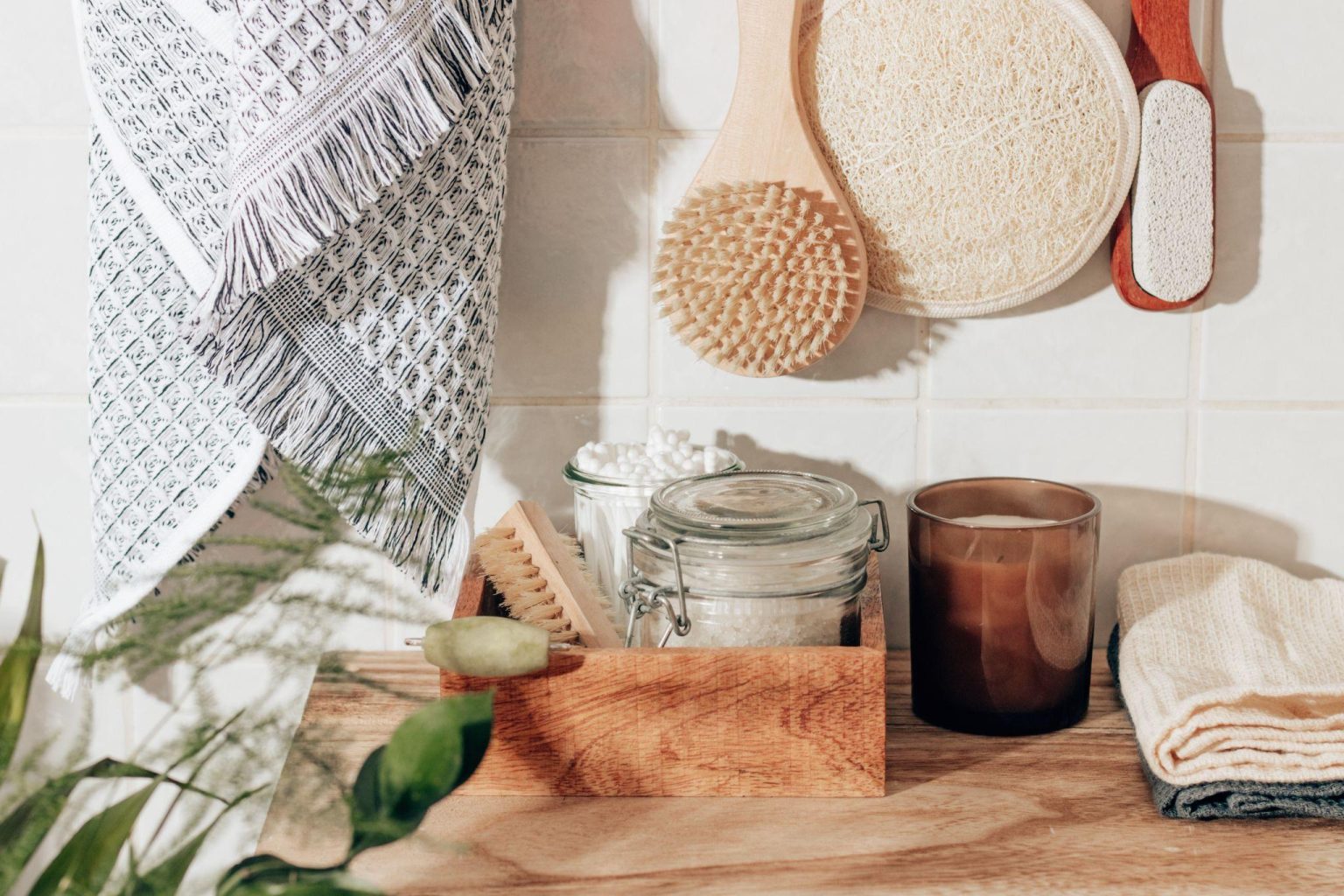You make several decisions every day that have an effect on the environment. From the food you eat to the products you buy, your actions have repercussions on the planet. A growing movement is urging individuals to minimize their environmental impact by adopting a zero waste lifestyle. This means aiming to produce no trash, with a focus on reusing, reducing, and recycling. Sounds challenging? Well, it doesn’t have to be. With some simple shifts in your daily routine, you can significantly decrease the waste you produce. Here are 8 ways you can easily incorporate zero waste products into your life.
1. Switch to Zero Waste Dishwasher Detergent
A simple way to reduce waste in your kitchen is by switching to zero waste dishwasher detergent. Traditional detergents often come in single-use plastic containers, contributing to the mounting plastic waste issue. By using a zero waste option, which typically comes in recyclable or compostable packaging, you can ensure your dishes are sparkly clean without leaving a footprint on the environment. Look for detergent in tablet form, in glass jars, or those that encourage refilling.
2. Use Cloth Instead of Paper
Cloth options, whether it’s in the kitchen or the bathroom, are not only reusable but often more effective and economical in the long run. They demand a simple wash cycle, as opposed to the continuous repurchasing of paper products. Making the switch to cloth promotes a cycle of reuse, leading to both financial savings and a notable reduction in one’s environmental footprint.
3. Embrace Reusable Containers and Bags
When shopping, ditch the single-use plastic bags and bring your reusable containers and bags. These come in various materials like cloth, jute, or silicone and can be used countless times. Remember to keep some in your car or bag, so you’re never without when you make an impromptu stop at the store.
4. Invest in a Safety Razor
Shaving is a routine part of many people’s grooming habits, but the environmental cost of disposable razors adds up. Investing in a safety razor offers an eco-friendly alternative that doesn’t compromise on quality. Made predominantly from metal, these razors are durable, long-lasting, and provide a close and smooth shave. While the initial cost might be higher than disposables, the longevity and reduced waste make it a financially and environmentally wise choice. By just replacing and recycling the blade when needed, one can significantly decrease plastic waste, making safety razors a sustainable choice for a cleaner, greener planet.
5. Reconsider Your Oral Care Routine
Oral hygiene is paramount, but so is the planet’s well-being. Billions of plastic toothbrushes end up in landfills yearly, contributing to your escalating environmental concerns. By rethinking your oral care routine, you can make a substantial difference. Opting for a bamboo toothbrush, which is both practical and compostable, is a significant step forward. Additionally, shifting to toothpaste tablets or those sold in recyclable containers can further reduce your plastic footprint. By making these simple changes, you can ensure your smiles are not just healthy but also environmentally friendly.
6. Simplify Your Beauty Routine
Many beauty products come in plastic packaging, contributing to waste. Look for items that have minimal or recyclable packaging. For instance, bar soaps and shampoos eliminate the need for plastic bottles. There are even zero waste conditioners and lotions available in the market. Always look for quality products that are both good for your skin and the environment.
7. Refuse, Reduce, and Reuse
Before making any purchase, ask yourself if you truly need the item. If you do, look for second-hand or sustainable options. By refusing unnecessary items, reducing what you do need, and reusing what you have, you can significantly reduce your carbon footprint. It’s all about being conscious and making deliberate choices.
8. Compost Kitchen Waste
Kitchen waste, often regarded as mere trash, holds untapped potential in the form of composting. Transforming food scraps and organic waste into nutrient-rich compost not only reduces the burden on landfills but also rejuvenates the soil. Whether it’s vegetable peelings, coffee grounds, or eggshells, these materials can be returned to the earth, enriching gardens and green spaces. Composting encourages a circular approach to consumption, where waste is not the end, but a new beginning, fostering healthier plants and a more sustainable relationship with your environment.
Conclusion
Incorporating zero waste products into your daily routine may seem like a daunting task at first, but it’s all about taking small, manageable steps. By starting with one or two changes and gradually incorporating more, you’ll find that living a zero waste lifestyle is both achievable and rewarding. Not only will you be reducing your environmental impact, but you’ll also be setting a positive example for others to follow. So, leap today and make the world a better place for future generations.
